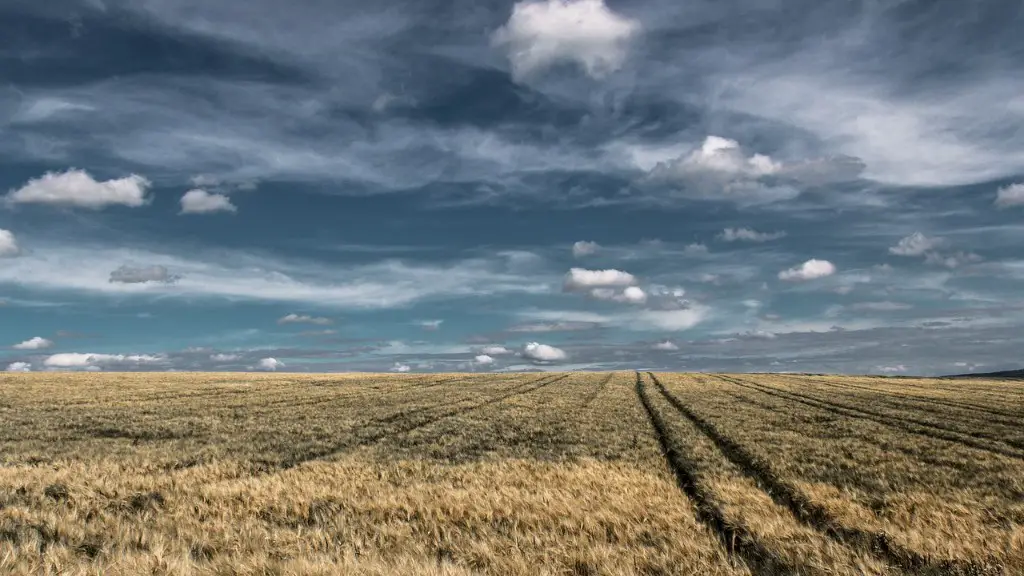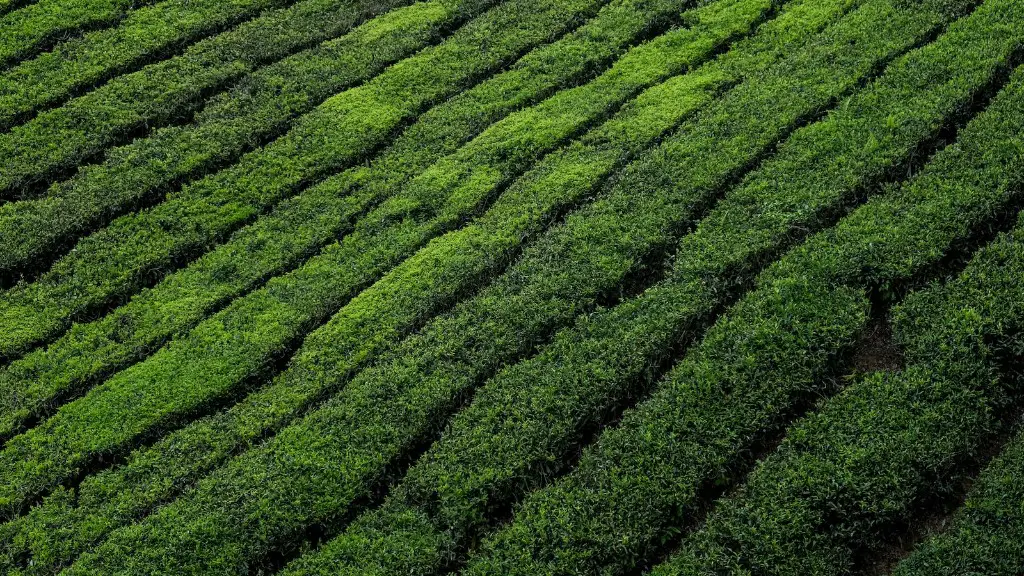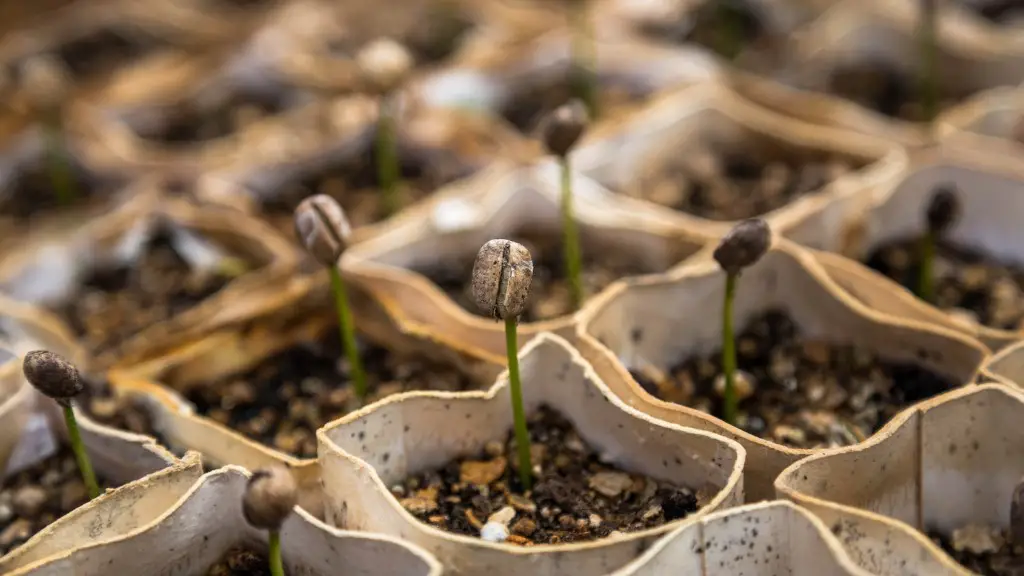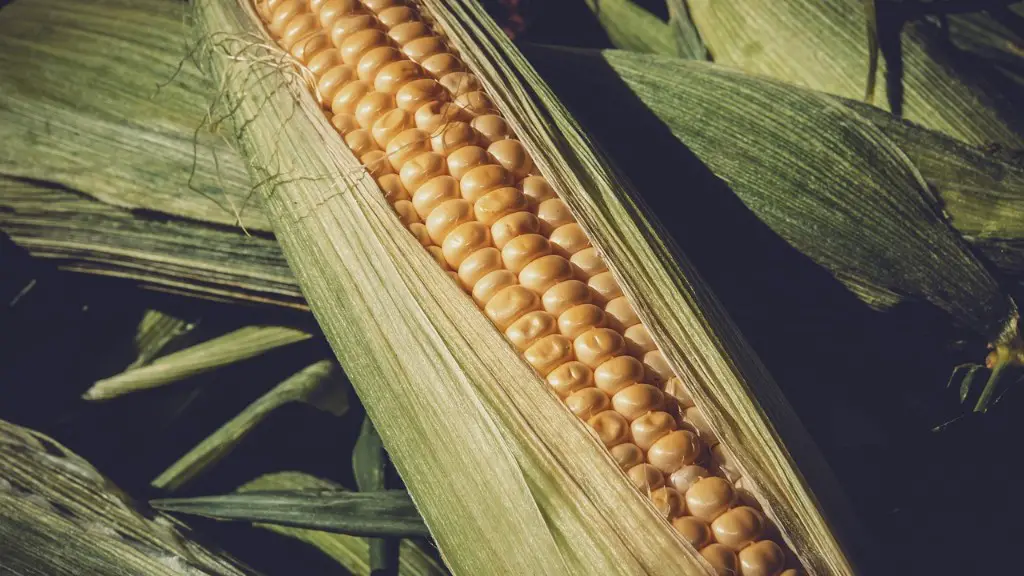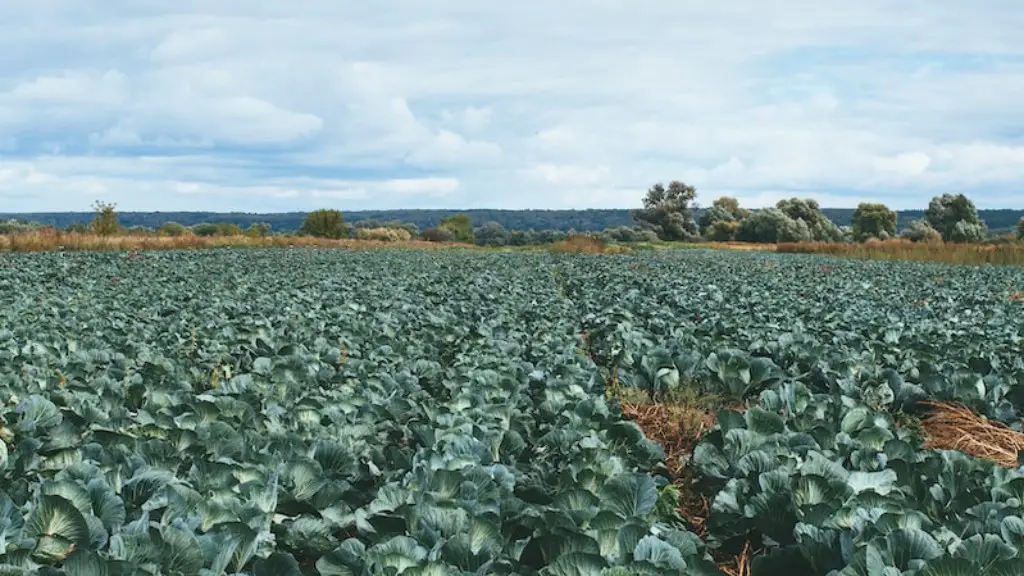Agriculture is an important area to study for a multitude of reasons. It’s the source of food for the global population, so understanding how best to cultivate healthy, sustainable crops is crucial. Not only does it provide vital sustenance, but it’s a large source of employment and helps to stimulate local economies. Agriculturists also help ensure natural resources, such as land and water, are managed and conserved appropriately. Here’s why it’s important to study Agriculture.
To begin, studying Agriculture helps us learn how to grow food on a large scale, as well as determine the best crop rotation cycles and optimal conditions in which to cultivate food economically. Doing this also provides an understanding of the impacts of climate change on food production and how best to mitigate these effects. By developing drought-resistant crops, irrigation systems, and soil and water conservation efforts, scientists can help ensure a plentiful food supply during unpredictable weather.
Next, Agriculture teaches us how to use natural resources, such as land and water, responsibly. As land and water are renewable resources, it’s important to use them efficiently and in a sustainable manner. This includes using appropriate land management practices, like crop rotation cycles, in such a way so as to maintain soil health and fertility for future generations. Agriculturists also help reduce soil erosion to ensure better cultivation outcomes.
Agriculture also provides vital employment opportunities. Farmers can benefit from sustainable, efficient and effective techniques in crop production which can help them increase profitability, reduce wastage, and enhance the environment. This can prove beneficial in less-developed countries and regions, as it can help boost rural livelihoods.
Finally, agricultural studies also contribute to reducing famine and poverty. Through the use of modern agricultural methods, food production can increase substantially. This can prove beneficial in areas where food insecurity or food scarcity is an issue in such a way that people have access to nutritious, affordable food.
Agricultural Practices
Agriculture comprises a variety of disciplines, such as plant and animal biotechnology, genetics, crop and soil science, and agricultural engineering. Each of these areas of study helps to improve agricultural practices and methods used to produce better food, increase efficiency, and enhance the environment. By studying agricultural management techniques and improving on current trends, farmers can benefit from more sustainable and productive methods of crop cultivation.
By understanding plant needs and requirements, agriculturists can improve on existing farming practices. This could involve understanding the best methods to use for irrigation, such as sprinkler systems or surface irrigation, or finding the most appropriate fertilizer for certain types of crops. Agricultural scientists also research the best ways to manage pest infestations and minimize the use of pesticides.
The development of innovative agricultural technologies is a key area of study for those interested in Agriculture. This could involve the invention of automated farming systems which help to increase production while reducing the amount of labor required. It could also involve finding new strategies and strategies for controlling weed growth or utilizing big data to increase crop production and yields.
Agriculturists also develop new methods of food preservation, such as artificial ripening, which help to extend the life span of food and prevent wastage. Other innovations could involve research into the storage and transport of food, and how best to reduce spoilage and contamination.
Finally, it’s also beneficial to study how to ensure food safety and quality. Agriculturists understand the importance of adhering to strict guidelines when it comes to the handling and processing of food, as this helps to safeguard consumers from the potential risks of food poisoning or illness.
Environmental Implications
Agriculture is an area where ecological sustainability is vitally important. Agricultural practices can have a massive influence on the surrounding environment, and it’s essential to understand the impacts of farming so they’re managed effectively. This includes understanding the effects of grazing animals on land, such as soil erosion, as well as the potential impacts of water contamination.
Agricultural scientists also research how to reduce damage from croplands and livestock farming, such as ruminant gases, which cause energy-consuming deforestation and the emission of carbon dioxide into the atmosphere. This could involve methods such as crop rotation cycles and the use of cover crops, which help to trap carbon and boost organic soil.
Similarly, agriculturists help to prevent runoff from entering rivers and streams by using proper land management techniques. This helps to enhance and maintain the natural habitat, as well as reduce the potential for soil erosion. Aquaculture is another area of Agriculture that helps to maintain healthy ecosystems by creating artificial habitats for fish and other species.
Finally, Agriculture also contributes to reducing the global food waste issue. By understanding how to reduce post-harvest losses and develop strategies to best utilize existing food, it helps to reduce unnecessary food wastage and enhance the environment. This includes understanding the best methods to store food and transport food, as well as developing new packaging materials which help to preserve food for longer periods of time.
Global Interdependence
The global population is increasing and is expected to reach 9.7 billion by 2050. It’s estimated that global food production will need to increase by 60% in order to meet the nutritional requirements of this population. Therefore, it’s essential to study Agriculture if we’re to create agricultural systems that are capable of producing the necessary amounts of food.
Understanding the global interconnectedness of agriculture helps to promote agriculture in different parts of the world. By learning how different parts of the world produce food and the unique ways they do this, it helps experts to ensure global food security and sustainability. A greater understanding of the world’s agricultural systems also helps to create global strategies which can benefit every part of the world, such as establishing better food pricing and trade policies.
Modern agricultural practices also help to promote economic development. By improving yields and output, farmers are able to sell their products for more income. This, in turn, helps to reduce the number of people living in poverty, which increases the quality of life for many. It also helps to open up new markets for farmers, as well as giving them access to new technology and agricultural techniques.
Agriculture also helps to tackle malnutrition, and by understanding how best to cultivate and harvest crops, it helps to reduce the prevalence of malnutrition in less-developed countries. This could involve researching the types of crops that are best suited to each region and developing effective strategies for storing and distributing food. By developing improved food production techniques, agriculturists can help to increase nutrition levels and reduce the burden of malnutrition.
Finally, the study of Agriculture also helps to promote global trade and strengthen relationships between different countries. By working together to develop better methods of food production, countries are able to benefit from increased economic growth, improved stability, and increased food security.
Technological Adoption
Technological advancements have revolutionized Agriculture and made it possible to create efficient, effective and sustainable agricultural systems. Through the use of technology, agriculturists are able to increase crop yields, reduce wastage, and enhance the environment. This could involve using climate information to accurately predict the most appropriate crop for a certain season, or using satellite imagery to detect and monitor pests or diseases.
Genetics also proves to be a useful method to enhance crop production, as it helps to create crops that are resistant to disease and able to survive in challenging climates. Scientists have also been researching the use of drones to monitor plants and identify problem areas in large-scale crop fields. This helps to reduce the need for manual labor and allows for more efficient and accurate monitoring.
Robotics is another area that has great potential when it comes to reducing labor costs in Agriculture. Automated farming systems, like robotic harvesters, can reduce the amount of labor need to complete certain tasks. This could help farmers increase their productivity and output, while saving time and money.
Data analysis is also proving to be useful in the agricultural sector, as it helps make the decision-making process more efficient and accurate. The use of big data helps agriculturists predict crop yields, weather patterns, and potential pests or diseases. This helps farmers make more informed decisions, such as deciding which crops to plant and when to irrigate.
Finally, the internet of things (IoT) is being relied upon more and more in the agricultural sector. IoT sensors can be used to gather data about soil composition, moisture levels, and temperature, which provides invaluable insight into crop growth and conditions. This can help farmers make better decisions and manage their crops more effectively.

